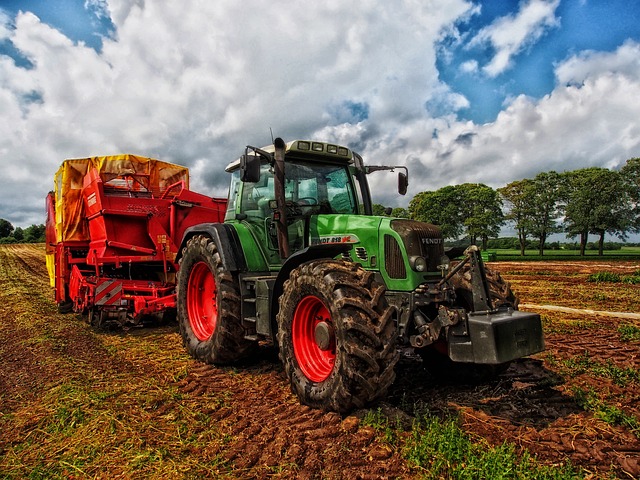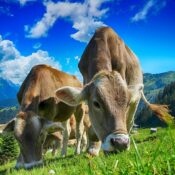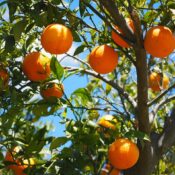The Perfect Blend of Agriculture and Tourism

The Perfect Blend of Agriculture and Tourism
Agritourism is an emerging trend that beautifully combines the best of both worlds: agriculture and tourism. It provides a unique opportunity for visitors to experience the charm of rural life while immersing themselves in agricultural activities. In this blog post, we will delve into the fascinating world of agritourism, exploring the connection between agriculture and tourism and why it has become such a popular choice for travellers seeking authentic experiences.
Agriculture and tourism may seem like two distinct industries, but they share a symbiotic relationship. Agriculture forms the backbone of many rural communities, contributing to the local economy and providing sustenance. On the other hand, tourism seeks to showcase the unique cultural, historical, and natural assets of a region. When these two industries converge, agritourism emerges as a powerful means to promote local agriculture while offering visitors a genuine connection to the land.
Agritourism opens up a world of immersive experiences for visitors. From farm tours to hands-on activities, there’s something for everyone. Picture yourself strolling through lush vineyards, plucking ripe grapes, and learning about the winemaking process. Or perhaps you’d prefer spending a day at a dairy farm, milking cows, and tasting freshly made cheese. These activities allow visitors to witness firsthand the hard work, dedication, and love that farmers put into their craft.
Agritourism is not just about fun and adventure; it’s also an excellent educational opportunity. Visitors gain valuable insights into various agricultural practices, such as organic farming, crop rotation, and animal husbandry. Through workshops and demonstrations, they can learn about sustainable farming techniques, the importance of soil health, and the role of agriculture in food production. This knowledge fosters a deeper appreciation for the hard work and challenges faced by farmers.
One of the significant benefits of agritourism is its positive impact on local economies. By participating in agritourism activities, visitors contribute directly to the financial well-being of farmers and rural communities. The income generated from agritourism allows farmers to diversify their revenue streams and invest in the growth of their businesses. This, in turn, helps to strengthen local economies, create job opportunities, and preserve traditional farming practices.
Agritourism also plays a crucial role in preserving cultural heritage. Rural areas often possess rich cultural traditions, customs, and culinary delights that are closely tied to agriculture. Through agritourism, these traditions are celebrated and shared with visitors, helping to keep them alive for future generations. From traditional farming techniques to regional festivals and local cuisines, agritourism showcases the vibrant tapestry of rural cultures.
In an era where sustainability is paramount, agritourism aligns with the principles of environmental stewardship. Many agritourism operations prioritise sustainable farming practices, such as organic or regenerative agriculture, conservation of biodiversity, and responsible water management. Visitors can witness these practices firsthand and gain a deeper understanding of the connection between agriculture and environmental sustainability.
Agritourism offers a captivating blend of agriculture and tourism, providing visitors with an authentic and immersive experience. It celebrates the beauty of rural life, promotes local agriculture, and fosters a deeper appreciation for the efforts of farmers. By engaging in agritourism activities, travellers not only create lasting memories but also contribute to the vitality of rural communities and the preservation of cultural heritage. So, the next time you plan a trip, consider adding agritourism to your itinerary and embark on a journey that combines the best of both worlds.




